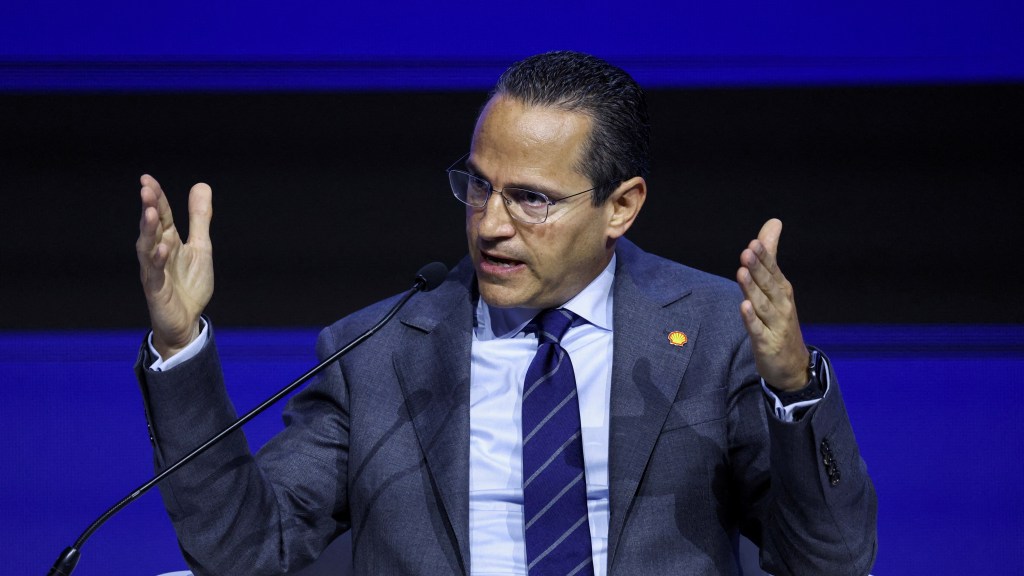Bank of England Proposes Changes to Banker Bonus Regulations to Enhance Competitiveness
The Bank of England is set to propose modifications to the regulations governing bankers’ bonuses, aiming to improve the City’s appeal on the international stage.
During a speech on Thursday, Sam Woods, head of the Bank’s Prudential Regulation Authority (PRA), announced plans to shorten the deferral period for bonuses awarded to top earners from eight years to five. This proposal is part of a broader strategy to heighten the competitiveness of UK banks following the departure from EU regulations in a post-Brexit context.
Previously, the PRA had removed a cap on bonuses that had been inherited from the EU, which limited payouts to top bankers, allowing British financial institutions more flexibility in compensation processes.
Under the existing UK framework, senior bankers earning over £500,000 or whose variable pay constitutes more than one-third of their overall earnings must defer their bonuses for up to eight years. Other high-ranking employees, termed ‘material risk takers,’ have their bonuses held back for four to five years. This system permits the cancellation of cash and share bonuses if trades or other activities managed by staff yield negative outcomes later on.
In his address to financial leaders at Mansion House, Woods acknowledged that the UK’s long deferral period may be detrimental to its competitiveness. He stated, “The UK has become somewhat of an outlier regarding the length of the deferral we require, and this may harm competition,” emphasizing that current deferral lengths may exceed what is necessary for fostering financial safety.
Consequently, the PRA is expected to suggest a five-year deferral for all senior managers and a four-year deferral for other employees within the regulation’s scope, along with amendments to how bonuses are vested.
Similar to the recent removal of the bonus cap, which had restricted senior bonuses to a maximum of twice their base salary, the adjustment of deferral periods is anticipated to encounter some backlash, with Woods foreseeing “a lively reaction” to the announcement.
These stricter bonus retention rules were part of a suite of reforms initiated after the financial crisis of 2007-09, designed to mitigate excessive risk-taking in the banking sector.
Nevertheless, Woods contended that adjusting the bonus deferrals will bolster growth and enhance the competitiveness of the UK’s regulatory environment without compromising financial stability.
Both the PRA and the Financial Conduct Authority (FCA), the other primary regulator in the UK, have received critiques about insufficient actions taken to enhance the international competitiveness of the UK economy and to promote growth following the new objectives assigned by the government last year.
In response to these criticisms, Woods asserted, “If you claim that the PRA is not significantly contributing to competitiveness and growth, you are simply mistaken.” In a related address, Nikhil Rathi, the FCA’s chief, confirmed that “growth has consistently been a part of the FCA’s mission,” while acknowledging that “we clearly have more work to do.”






